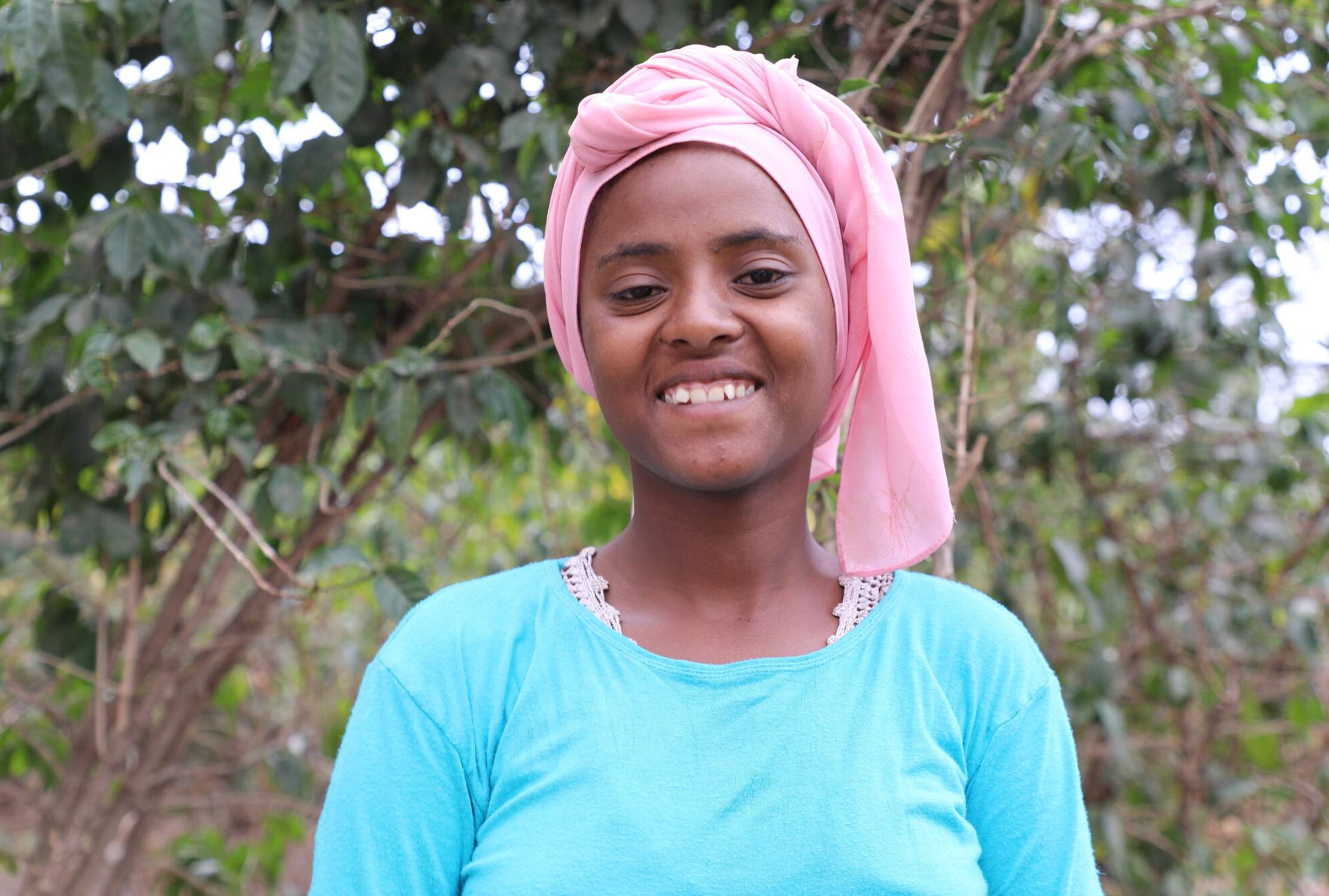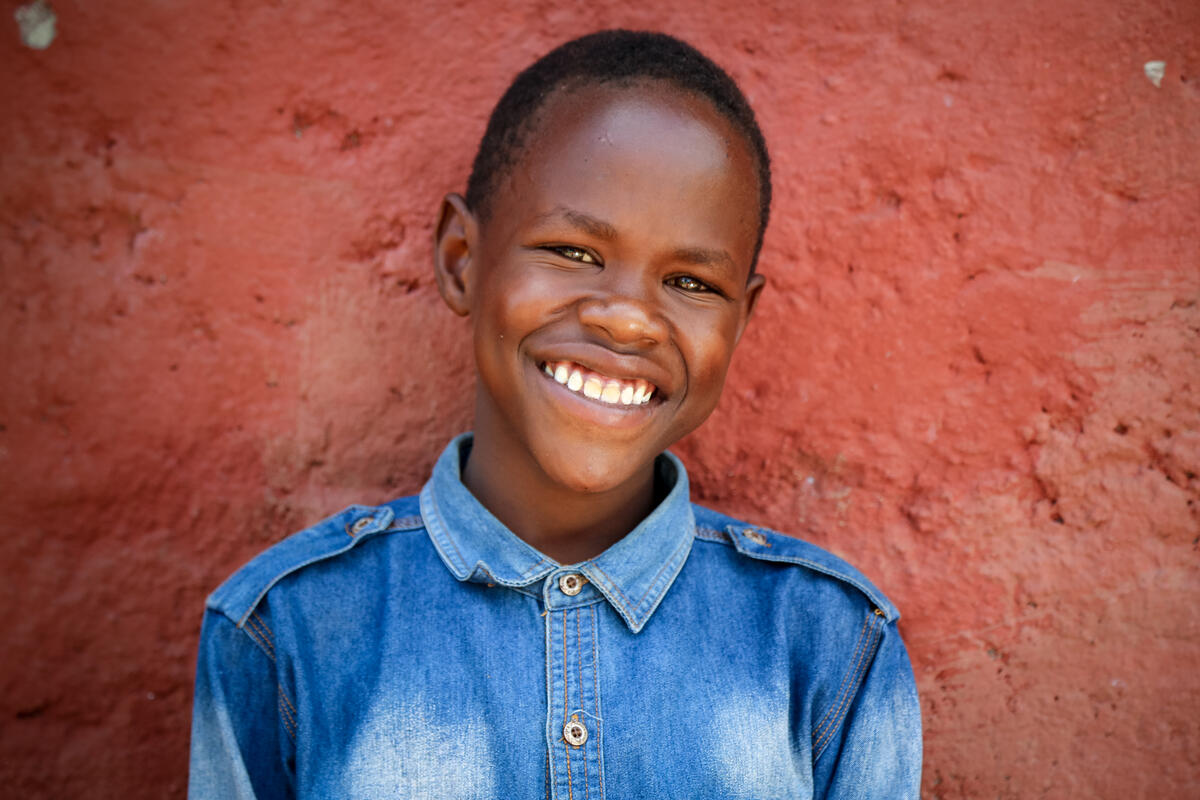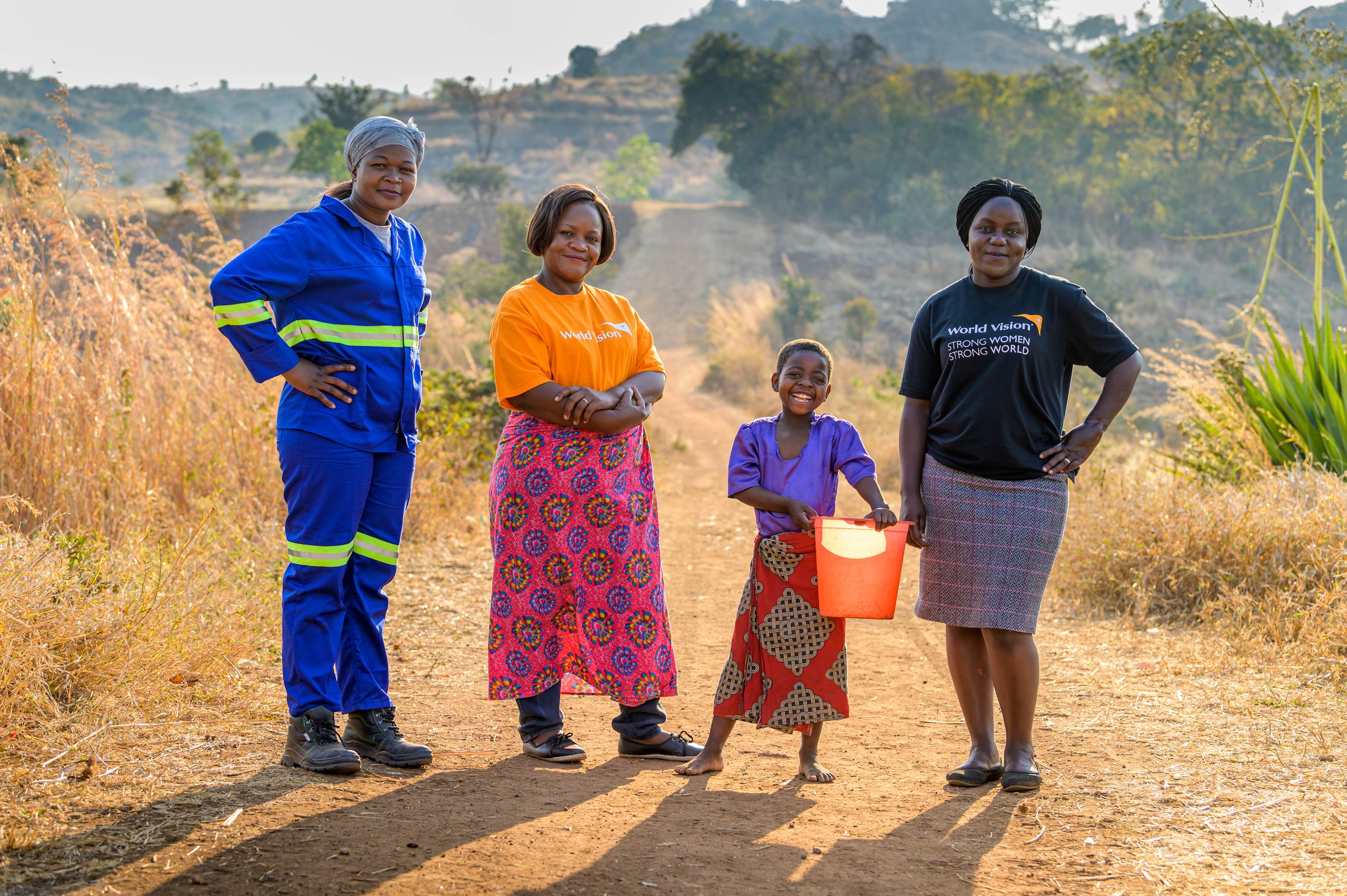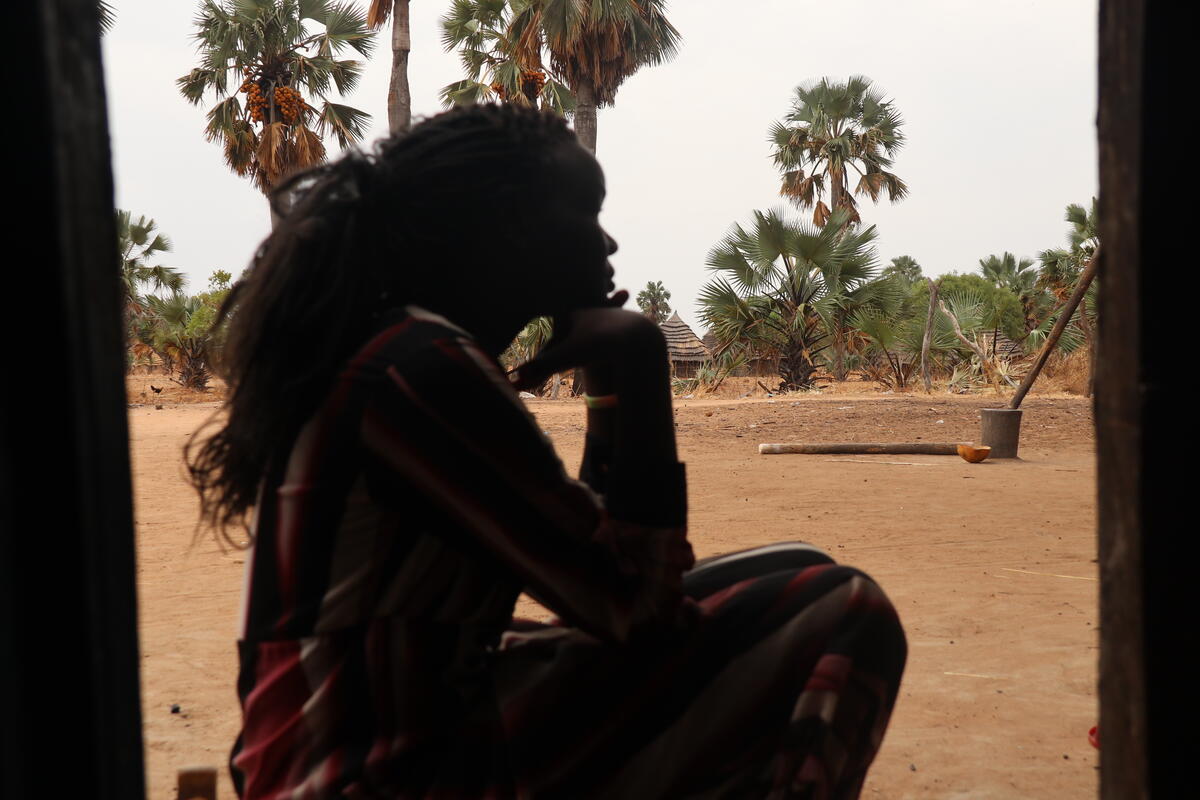
Fighting for girls’ rights
Teaching girls about the effects of child marriage and gender violence.
On International Day for the Elimination of Violence Against Women (25 November), World Vision is raising awareness of gender-based violence and helping protect girls from harm.
What is violence against women?
The United Nations defines violence against women as any act of gender-based violence that results in physical, sexual or psychological harm to women. Girls are facing many forms of violence, such as domestic abuse, trafficking, sexual assault, or harmful practices like child marriage.
The effects can be devastating. And that’s why we’re empowering girls to learn about their rights and take action to end violence against women and girls.
Did you know? The colour orange is used to represent a brighter future, free from violence against women and girls on the International Day for the Elimination of Violence Against Women.
Facts about violence against women and girls
Gender-based violence is an enormous problem across the world. It can occur at any point in a person’s life, in times of peace or instability. But in crisis settings like climate-disasters, these threats soar.
- Less than 40% of the women who experience violence seek help.
- 1 in 3 women have been subjected to physical and/or sexual intimate partner violence or non-partner sexual violence in their lifetime.
- 15 million adolescent girls worldwide, aged 15–19 years, have experienced forced sex.
Standing against gender-based violence
Semira, 15, lives in Ethiopia, where the fight against gender-based violence is far from over. Girls are still experiencing early marriage, female genital mutilation, and much more.
From the moment she could carry a bucket, Semira would gather the water, cook the food, and collect the firewood for their family. Her three brothers would play with their friends. None of them thought anything of it – it was just how things had always been in their community in rural Ethiopia.
Doing all the chores made it hard to keep up at school, but Semira knew that it didn’t matter because her parents would be looking for a husband for her soon – most likely before she finished school. Early marriage was expected of girls in her community.
There were other things too — like girls being forced to marry a man who had abducted them instead of fighting the crime.
“I thought all harmful traditional practices were useful,” says Semira, “and I used to respect and protect them like any other community member.”
Until she was 13.

Everything changed
Thanks to the support of child sponsors, Semira learnt about gender-based violence, along with other children in her community, at a World Vision workshop.
Semira was shocked when she heard the traditional practices she had always thought were normal – like child marriage, marriage by abduction, or female genital mutilation – did real and devastating physical, psychological damage to girls.
She discovered how they were stealing girls’ childhoods and destroying their futures.
She realised that she could do something about it.

Empowering girls to take up the fight
“I learned that the traditional practices were harming girls,” she says. “I [decided to] give my time to fight the practices and make the community aware of the health, physical, and psychological consequences for the future of girls.”
Semira formed a girls’ club with some friends and got to work.
She explains, “We travel from school to school [to] teach children to say no to harmful traditional practices like early marriage and female genital mutilation."
More children are joining the fight to end harmful traditional practices. Children all over the community report rumours of harmful practices to Semira’s group, who then report it to their school directors, and the police.
“This is the most important thing I can do for my generation,” she says.
“I hope to see girls in leadership”
Her work is making a big impact in her community.
Amina Tuffa, head of the district’s Women, Children, and Youth Affairs Office, says, “We have witnessed that after the awareness training, the frequency of harmful traditional practices, especially early marriage, reported has significantly reduced. Children have played a significant role in the reduction of harmful traditional practices.”
Semira sees the world very differently today than she did just two years ago. Now she has a new dream.
“I want the community to allow for girls to get educated,” she says. “Girls have a role to play like any other citizens in the development of their country. I hope and wish to see girls in leadership places.”
How can you help protect girls’ rights?
World Vision intentionally focusses on women and girls in every aspect of our work, because we know that when women and girls are empowered, everyone wins.
When you sponsor a girl, you’re helping World Vision teach communities about children's rights and enabling women and girls to overcome the barriers they face. Together, we can support and amplify children's voices to hold authorities to account and campaign for change through child parliaments, girls' clubs and child protection committees.
Sign up to emails for news from around the world and ways you can care for children.



